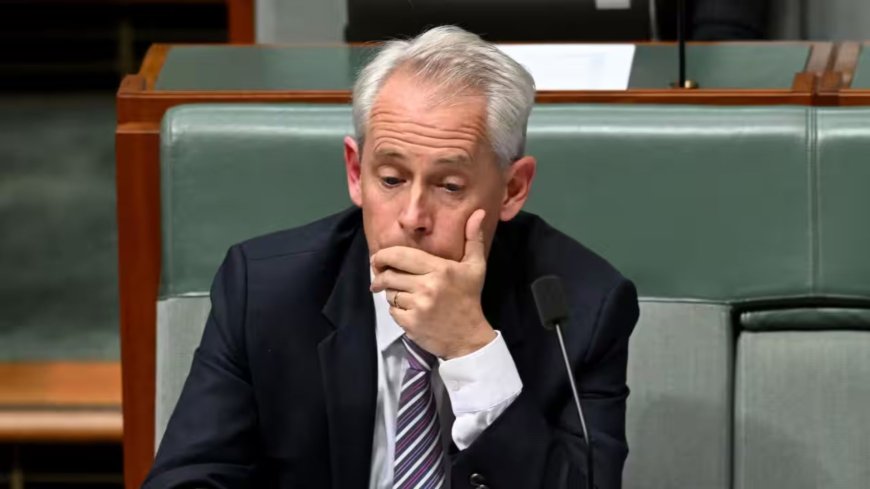Australia's Tough New Visa Rules Explained by Andrew Giles | Australia Immigration Updates
The Australian government has introduced new rules for visa cancellations, with a focus on prioritizing community safety and the impact on victims of crime. Immigration Minister Andrew Giles announced the changes through ministerial direction 110, which will take effect from June 21.

The updated direction aims to enhance the visa cancellation system to better align with community expectations following several high-profile cases where visa cancellations of non-citizens convicted of serious offenses were overturned by an independent tribunal.
Key Changes in Ministerial Direction 110
The new direction underscores that the safety of the Australian community is the government's highest priority. It explicitly states that community protection should generally be given greater weight than other considerations during the decision-making process. However, decision-makers retain some discretion, as the direction allows for circumstances where other primary considerations might outweigh safety.
A government spokesperson clarified that the term "generally" aligns with language used in previous directions, ensuring consistency. Additionally, the immigration minister retains the power to overturn visa decisions in the national interest when necessary.
Emphasis on Victims of Family Violence
One significant update in direction 110 is the elevated importance of the impact on victims of family violence. This addition aligns with the government's zero-tolerance approach to domestic and family violence. The direction specifies that when evaluating the nature and seriousness of conduct, decision-makers must consider the impact on victims and their families, provided procedural fairness is maintained.
Background and Context
The new rules follow a period of scrutiny for the Albanese government after the introduction of ministerial direction 99 in January 2023. Direction 99 required consideration of non-citizens' ties to Australia alongside other primary factors, including community protection and the interests of children. However, a series of cases where the Administrative Appeals Tribunal (AAT) overturned visa cancellations based on these considerations led to criticism that the rules were not functioning as intended.
Opposition leader Peter Dutton criticized the new direction, arguing that it does not substantially change the circumstances and will continue to allow undesirable outcomes. Dutton called for immediate and retrospective application of the new rules and urged Prime Minister Anthony Albanese to apologize for perceived lapses in community safety.
Response and Implementation
In response to the backlog of AAT decisions, Minister Giles has re-cancelled 40 visas since the issue was flagged by the home affairs department. The department's secretary, Stephanie Foster, has taken responsibility for the delay in alerting the minister. Upcoming cases under the old rules will be reviewed promptly, with the minister prepared to re-cancel visas if necessary.
Giles emphasized that the new direction aims to balance common sense and community protection, a principle he discussed with New Zealand's foreign minister to ensure mutual understanding of the revised visa conditions.
Moving Forward
The introduction of ministerial direction 110 marks a significant step in addressing community safety concerns in Australia's immigration policy. By prioritizing the protection of the Australian community and considering the impact on victims of crime, the government aims to enhance the effectiveness and public trust in the visa cancellation system. As these new rules come into effect, their impact on both policy and community safety will be closely monitored.
Tags:
- Migration Policy
- Immigration Policy
- Australia
- Australian Government
- ministerial discretion
- Immigration Law
- visa cancellation
- Community Safety
- Criminal non-citizens
- Andrew Giles
- Ministerial Direction 110
- visa rules
- Family Violence Impact
- High Court Ruling
- NZYQ case
- Public Safety
- Law and Order
- Tribunal Decisions
- Visa Overturn
- Government credibility
- Policy Reform
- New Zealand Deportation
- AAT Decisions
- Character Grounds
- National Interest
- Peter Dutton
- labor government
- Anthony Albanese
- Procedural Fairness
- Visa Ties
- Community Expectations
What's Your Reaction?
 Like
0
Like
0
 Dislike
0
Dislike
0
 Love
0
Love
0
 Funny
0
Funny
0
 Angry
0
Angry
0
 Sad
0
Sad
0
 Wow
0
Wow
0







































































































